Friction
That is what is required to bring a moving vehicle safely to a halt. Rainwater and damp weather make surfaces more slippery. Understanding the concept behind each of these two statements will help you to understand the adverse effects that damp weather can have on your car’s braking ability.
Motor vehicle brake shoes and pads are configured primarily of a steel backing and a thick layer of friction material. Since these thick layers of friction material must remain porous in order to “bite” down (gradually) and stop the vehicle. The surfaces which they contact must remain exceptionally uniform and flat. If not, there will be unpleasant abnormalities in braking.
Although the flat and uniform surfaces of the rotors and drums (which act as a drag for the friction material on brake pads and shoes) can feel slippery to the touch, water and damp weather affect them very little as it pertains to braking ability. This is because of the extreme temperatures generated by rotating components as they lightly contact one another.
Rotor and Drum Surface
One area in which water and damp weather will adversely affect rotor and drum surfaces (and braking ability) is anti-parallelism, warpage, cracking, and out-of-roundness. Long after the storm has passed, standing water on the roadway can create problems that affect your ability to brake effectively. When (and because) brake rotors and drums are extremely hot, contact with cool water may cause them to warp or crack in a variety of ways. Where brake rotors are concerned, variations in surface parallelism that exceed maximum allowable specifications will cause brake pulsations that are felt and seen in the steering wheel. Brake drums that are warped will contact the brake shoes unevenly and cause the rear of the vehicle to shudder when braking. This is usually felt in the seats and floor of the car. Neither of these conditions is terribly unsafe but they make the vehicle seem unstable at times
Brake Fluid
Another area where water and damp weather can adversely affect your car’s braking ability pertains to brake fluid. While water and damp weather will not have an immediate effect on your brake fluid, over time airborne moisture may contaminate your brake fluid master cylinder reservoir. Since brake fluid reaches extremely high temperatures, any water that is mixed within will boil. The small pockets of boiling water will create steam and cause air pockets in the hydraulic lines of the braking system. Vehicles in areas which experience above-average amounts of damp and rainy weather should have the brake fluid flushed and replaced annually.
Where damp weather and rain affect your vehicle’s braking ability the most actually has nothing to do with the brake system. Water, and especially standing water, on the roadway can affect your car’s ability to brake safely more than any other non-mechanical factor. Tires are your first line of defense against this wet hazard of the road. Tire maintenance and making sure that you have tires with sufficient tread and the correct amount of air pressure are critical to your braking ability in damp weather. When scheduling tire maintenance, add windshield wiper blade replacement. A good set of wiper blades can go a long way towards a safe drive.
Driving Habits
Finally, let’s talk driving habits. Often the weakest link in the braking system is found between the steering wheel and the driver’s seat. Distraction is the enemy of safe driving. This is especially true in damp weather. Allow more distance for braking when the road surfaces are wet and dramatically increase the braking ability of your automobile. Avoid driving through standing water when your brakes are hot and you may avoid brake pulsation and the expense of premature rotor and drum replacement.
In summary, your best defense against the adverse driving conditions created by damp weather is to maintain the vehicle’s braking system and tires as recommended by the manufacturer and avoid distractions while driving especially in the rain.

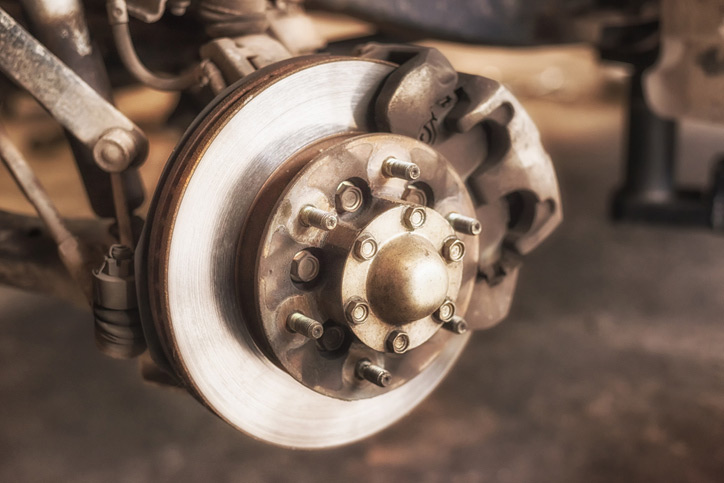
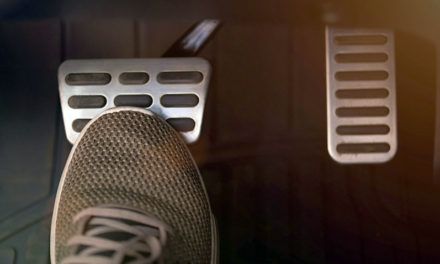
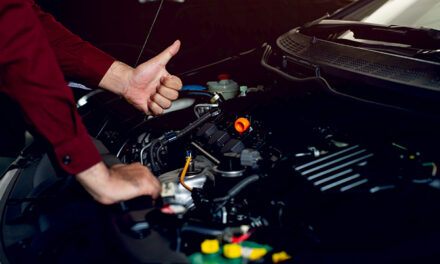
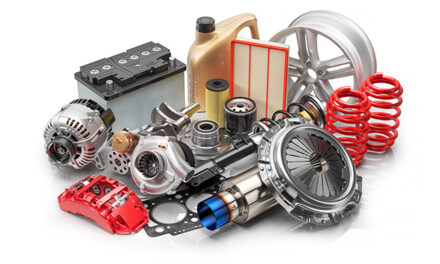
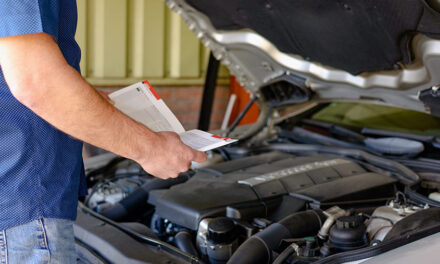





Just a great informative article on damp weather affect my car braking system. It’s really helped me a lot to care for my car brake system this winter. Special thanks to the writer for this valuable article. I’m going to share with my social media network.
Thanks.
Patrick Jordan